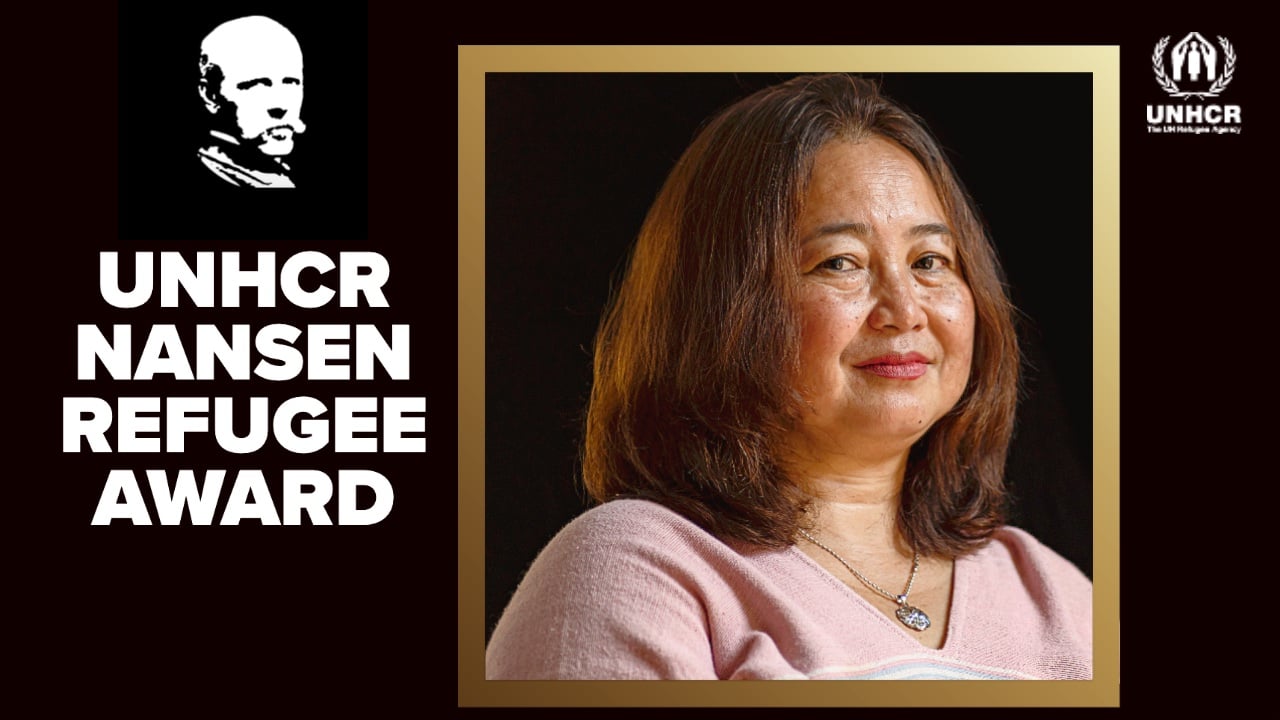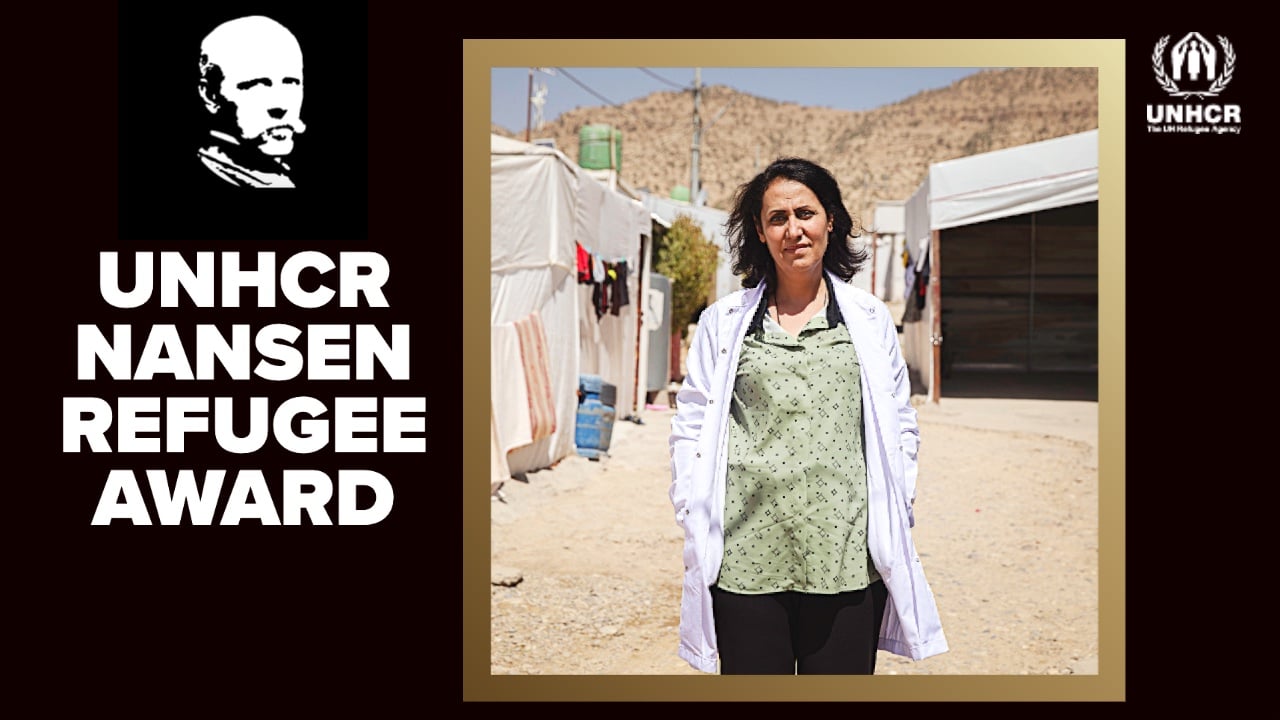UNHCR hands over more aid as Kenyan IDP numbers grow
UNHCR hands over more aid as Kenyan IDP numbers grow

TIGONI, Kenya, February 1 (UNHCR) - The UN refugee agency has ferried supplies to three displacement sites outside Nairobi to help nearly 10,000 people evicted from their homes around the tea-growing and flower-farming centre of Tigoni and the towns of Kikuyu and Kabete this week.
UNHCR on Thursday handed over 1,800 family kits - enough for 9,000 people - and 25 lightweight tents to the Kenya Red Cross Society for distribution among internally displaced people (IDPs) in the three locations. The IDPs were non-indigenous to the area and most of them work in the plantations and flower farms.
By Thursday afternoon, there were an estimated 7,000 people massed at Tigoni police station as more people arrived in the town located some 30 kilometres from Nairobi on trucks piled high with household goods. Some 2,000 more IDPs were camped at police stations in Kikuyu and Kabete.
"At the beginning of the week there were only 400 people," said a Kenya Red Cross worker, adding that 4,000 arrived in Tigoni within a few hours on Tuesday alone and more people kept coming.
Many of the IDPs at Tigoni police station said they had fled their homes after receiving warnings to leave on Tuesday morning. "On Tuesday morning, I found a letter on our doorstep as I went to the shop. It said we had to leave within 72 hours," said 15-year-old Asumpta Bahati. "My mother told us that we had to leave our house."
The notices were dropped at night by unknown people in several Tigoni neighbourhoods. People who stayed behind, including Bahati's father, were attacked and beaten by armed gangs.
Some IDPs said landlords had asked them to leave for fear that their houses would be burned because they were lodging "outsiders." Many families had brought along the contents of their homes, including sofas, chairs, tables, beds and rolled-up mattresses. A communal kitchen was set up in a corner of the Tigoni police station compound.
A registration of the IDPs began on Thursday afternoon and was to be followed by a distribution of the UNHCR-donated family kits. Each kit contains plastic sheeting for shelter, blankets, jerry cans, mosquito nets, sanitary supplies, soap and kitchen sets for a family of up to five people. Other distributions were carried out in Kabete.
At a meeting with local authorities on Thursday afternoon, some IDPs expressed a wish to go to their ancestral homes, mainly in western Kenya. Many, however, said they could not afford the transportation costs.
Some of the IDPs were still going to work in the tea plantations and flower farms. "They leave in the morning and come back in the evening. They need the money," said the Red Cross worker.
Tea plantations and greenhouses dot the lush landscape of this highland region. Their multinational owners are anxious for work to continue, particularly with Valentine's Day (February 14) approaching. Kenya is the leading producer of cut flowers to Europe, providing more than 25 percent of stems sold there.
But the workers are anxious for their safety. At a meeting with local officials Thursday at the police station, one displaced person told officials they were too scared to return to their homes. "We prefer to go home to western Kenya," the young man said.
Elsewhere, UNHCR has assisted this week in the evacuation of more than 250 vulnerable internally displaced people who were camped at Bahati police station, some 40 kms from Nakuru, the Rift Valley provincial capital.
The IDPs were brought to safety to Nakuru's main stadium, which is currently hosting 8,000 IDPs. The evacuation was organized jointly with the Irish aid agency, GOAL. UNHCR also provided more tents for some of the 5,000 IDPs camping at the Bahati police station, Holy Cross Church in Nakuru town and Solai police station, 50 kms north of Nakuru.
Meanwhile, UNHCR on Wednesday signed a Memorandum of Understanding with the Kenya Red Cross. Under it, UNHCR will support the Kenya Red Cross by providing emergency shelter and basic household items, assist with camp coordination and management, and strengthen systems for IDP registration.
The government of Kenya and the Kenya Red Cross estimate there are now more than 250,000 IDPs living in over 300 IDP sites in various parts of the country.
By Millicent Mutuli in Tigoni, Kenya









